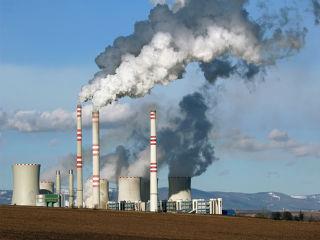The EU Energy Ministers have backed coal and other fossil fuels over renewable energy, in the ongoing reform of the EU’s energy laws

The energy ministers also ignored calls by the European Parliament to raise the EU’s 2030 target for renewable energy. Projections show that the current target is too low to meet the EU’s commitments under the Paris climate agreement. The EU uproar at Trump’s stance on the agreement and its declaration of world leadership in the wake seems somewhat hypocritical in these circumstances.
by
N. Peter Kramer
The ministers moved to maintain controversial subsidies for energy utilities, including the most polluting coal plants. They also weakened European Commission proposals to empower households, cooperatives and municipalities to produce and sell their own renewable energy.
The energy ministers also ignored calls by the European Parliament to raise the EU’s 2030 target for renewable energy. Projections show that the current target is too low to meet the EU’s commitments under the Paris climate agreement. The EU uproar at Trump’s stance on the agreement and its declaration of world leadership in the wake seems somewhat hypocritical in these circumstances.
Greenpeace said: “Europe’s coal plants will think Christmas has come early as EU energy ministers stand ready to offer them near limitless subsidies. But European citizens were left out in the cold when the same ministers gutted proposals to support their rights to produce and sell renewable energy, especially at a time when we need all the renewables we can get to meet our climate commitments. The Parliament must now back renewable energy in the hands of the many, not dirty energy in the hands of the few.”
The text agreed by the EU Energy ministers would undermine European Commission proposals requiring national governments to justify public payments to power plants just to keep them on stand-by. Ministers also changed a Commission proposal to block existing coal plants from receiving these payments after 2025 if they emit over 550g of carbon dioxide per kilowatt hour, extending the subsidies until 2031. All new coal plants would be blocked from receiving these payments after 2025, while the Commission had proposed to cease payments in 2020.
Energy ministers are expected to confirm preliminary agreement on the full reform package at an energy council on 26 February before three-way negotiations with Commission and Parliament start in Spring.







